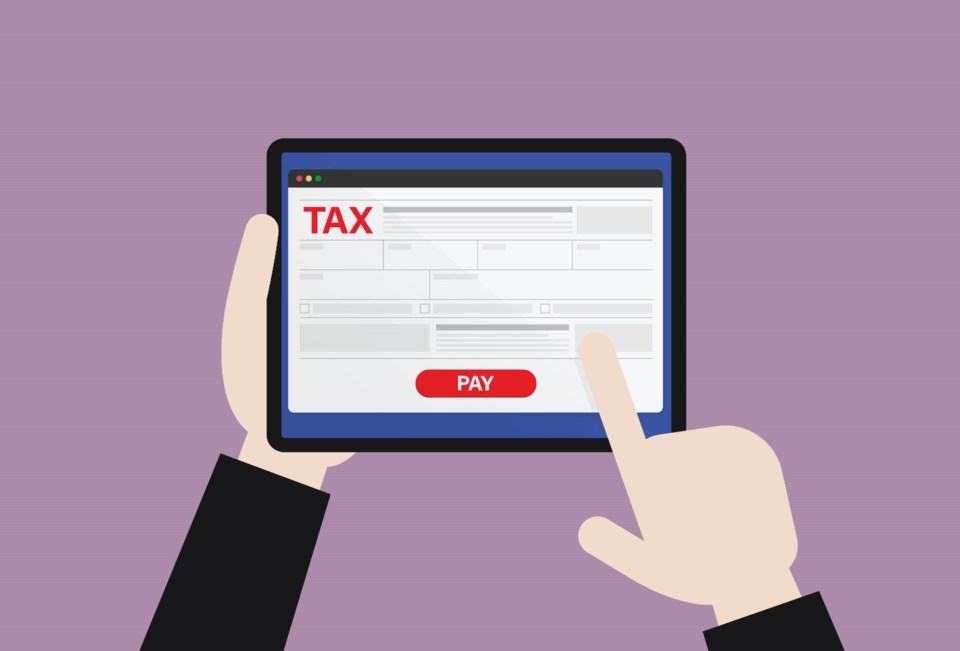Although many BC and Yukon residents are getting better at identifying and avoiding tax refund scam calls and texts, they continue to be very prevalent.
Better Business Bureau (BBB) is reminding consumers to keep their eyes peeled for scammers posing as the Canada Revenue Agency (CRA) trying to trick people into identity theft and in extreme cases, taking control of your bank account. How the Scam Works Scammers reach out by text or email, claiming they are issuing tax refunds and asking you for personal information so they can send your money, sometimes going so far as to say they are a government agency. This information is later used for identity theft. Scammers also use this approach to target college students by claiming a "federal student tax" has not been paid and they are looking to collect the debt. “We encourage consumers to take five. That extra five seconds or minutes to reconsider what personal information you’re potentially giving away with that click of a button might just save you,” said Aaron Guillen, media and communications specialist for BBB Serving Mainland BC, in a news releaase.
“Especially when receiving unsolicited messages or emails promising refunds from government organizations, that’s when you should be most vigilant.” “The CRA doesn’t use text messages or instant messages to start a conversation with you about your taxes, benefits or account,” said TJ Madigan, a spokesperson for Canada Revenue Agency (CRA).
“We will also never send personal information (e.g. tax refund amounts, balances owing) over text, IM, or email. If one of these messages includes a specific dollar figure, it’s a scam. When in doubt — delete, delete, delete!” Local Example in Metro Vancouver A Vancouver post-secondary student ended up losing $2,800 to a tax refund scam that she received by text in January 2023.
The message she received stated that Service Canada owed her a tax refund and wanted to deposit it somewhere.
She chose her bank account and logged in, not thinking much of it. The next day, she saw the money sent out of her account to an untraceable identity. She went to her bank to report the crime and block her card, but the scammer had already changed her banking app password and changed the second verification method to another phone. The bank teller explained to her that the scammer took out cash from her chequing account and a cash advance on her credit card, so the student ended up choosing to open an entirely new account and close the previous one. “The link that I clicked led me to my bank account, which looked like the same websites I use when I applied for a student loan and they asked me to verify my account,” said the Vancouver student. “I was kind of distracted, as I was waiting in line at a coffee shop with my friend [...] I didn’t think much of it as the refund was around $100, so I trusted it.” The student says her bank was able to reimburse her for her losses, as it was an unauthorized transaction, and she has since signed up with Equifax and TransUnion (credit reporting agencies) to make sure she gets alerted for future identity fraud attempts and to track her credit score, which has dropped due to the scam incident.





